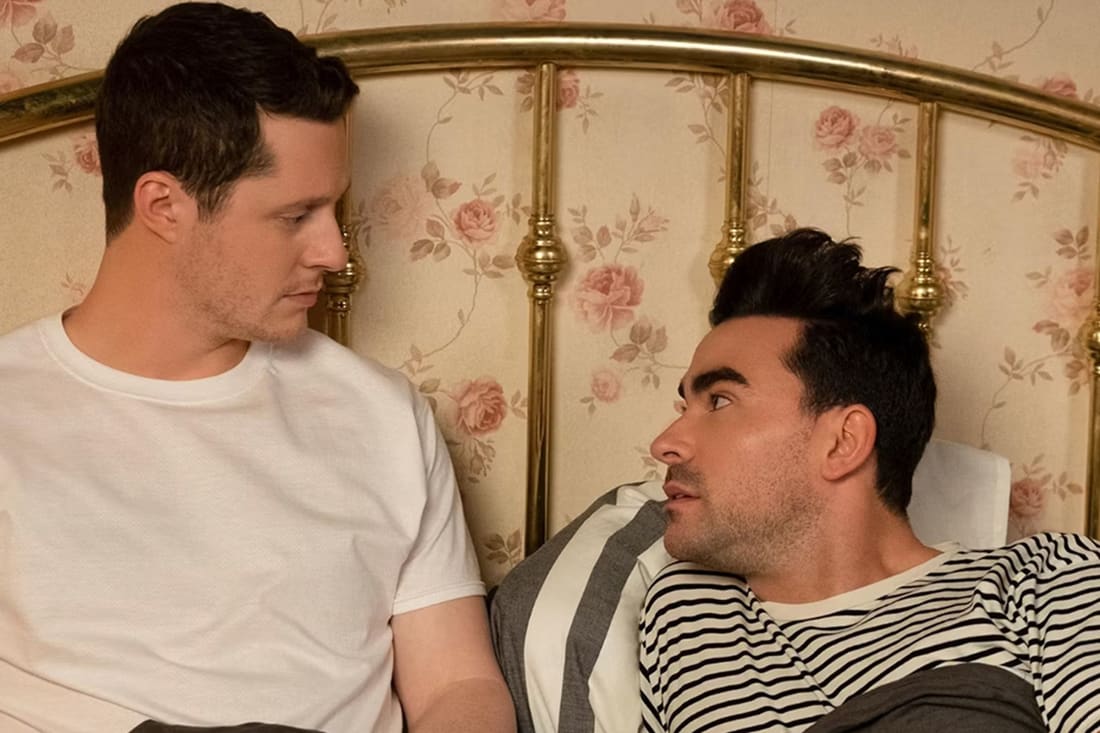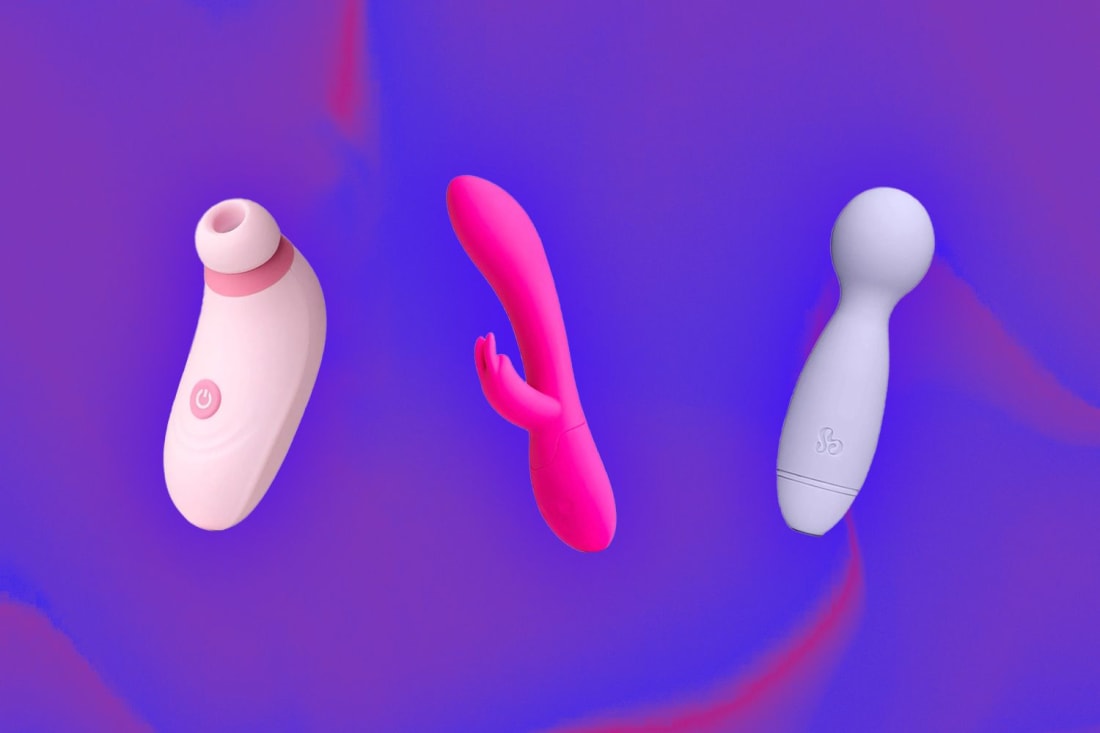Get sexy! Could hormone shots make you horny?
Low libido has had scientists in a puzzle for years, but now researchers think they've made a breakthrough - is this an end to the sex recession?
Low libido has had scientists in a puzzle for years, but now researchers think they've made a breakthrough - is this an end to the sex recession?
In case you didn't know, we're supposedly in the middle of a sex recession. Yep, everything from porn to a decline in alcohol use to living with our parents is thought to be a responsible for sexual downturn in our generation. But how true is this - and could new science breakthrough, involving a hormone called, cutely, kisspeptin, cause a course-correct?
Gen Z sex recession?
The hypothesis, noticeably put forward by The Atlantic in 2018, is based on survey looking at teenage sexual behaviour from 1991 to 2015, one which suggests that the percentage of sexually active high schoolers in the US shrunk from 54% to 41% in that period. Since then, more stats have been published which give further credence to the theory - such as a 2021 study, which showed a 14% drop in casual sex among young single people in the 2007 to 2017 period.
But it's worth noting that these stats...don't really talk about Gen Z at all. Rather, given that the data collection took place in the mid to late 2010s, the group being polled is actually (drum roll) young millennials! In fact, some research shows that Gen Z is pretty horny, actually. A Euroclinix survey of 2000 people suggested that, among the 18 - 24 year old bracket, Gen Z men had amassed an average of 7.6 partners (though Gen Z women had substantially less, at 2.6).
The causes of low libido
When you look up "low sex drive" on the NHS website, the list of possible causes is a strong reminder that a low libido doesn't always correspond to something purely physical. Instead, excessive alcohol consumption, hormonal contraception, depression or anxiety, relationship troubles, medication like SSRIs and more are all listed as potential sexual appetite suppressants. However, it can also be caused by some medical conditions, such as hypogonadism - when the male body doesn't produce the expected level of testosterone.
A huge part of not fancying having sex involves your mental state and the social context. And, on that note, we're seeing something of a resurgence of sex negative discourse among Gen Z - such as the obsession with so-called "body count" (aka how many people you've slept with) on TikTok. With the corresponding hashtag racking up over 700 million views, Gen Z seems to be pioneering a comeback of the belief that the number of partners you've had somehow determines your sexual value. Ick, ick and more ick!
However, the flipside of this is that young people who choose to be celibate are arguably less stigmatised than before. Also on TikTok, young people are using the celibacy hashtag to open up about their own journeys through singlehood and celibacy - for religious, spiritual and secular reasons. We're a long way away from putdowns like "you're a virgin who can't drive" that seemed like fair game in the '90s and 2000s.
There's also the fact that sexual minorities such as the asexual community are slowly receiving greater visibility and - hopefully - more understanding. We're realising that not everyone experiences desire in the same way, and there's nothing wrong with that.
Low libido fix?
As you can probably tell from the above, I'm dubious about the concept that medication can "solve" low libido - not only is our sex drive determined by a whole range of things but sex isn't a prerequisite for a happy life.
That said, some people who experience a decline in sex drive (during menopause, for example) or permanently low libido will find this distressing and may discover that it strains relationships. For those people who want to find a solution, there has been little pharmaceutical or medical support.
The scientific term for low libido is hypoactive sexual desire disorder (HSDD) and it is thought to impact up to 10% of women and 8% of men (there are no stats on non-binary people). But now, scientists believe they have found a solution for the problems suffered by this group: kisspeptin hormone injections.
Two studies by scientists from Imperial College London and published in JAMA Network Open showed that kisspeptin (a hormone associated with boosted attraction pathways and response to sexual stimuli) injections can improve sexual brain processing.
The two clinical trials examined 32 pre-menopausal women (this paper was originally published in October 2022) and 32 men with HSDD (this was published in February 2023), using blood and behavioural tests as well as MRI scans to determine the outcome of the injections. In both the trials, men and women were administered with a kisspeptin infusion for 75 minutes or matching placebo.
When those involved in the studies watched sexual videos, it was shown that kisspeptin significantly modulated brain activity in key structures of the sexual-processing network in the brain, such as those related to sexual and facial attraction, and decreased levels of aversion to sex. For men, it also corresponded with an increase in penile tumescence (getting hard).
The researchers involved are hopeful about the outcome of the studies and believe they may have the beginnings of a reliable treatment for HSDD.
“Low sexual desire can be distressing and so result in HSDD. This can have a major detrimental impact on relationships, mental health, and fertility. Even though it is relatively common, treatment options in women are limited, carry significant side-effects and in some cases can be harmful to even try," said Dr Alexander Comninos, the co-senior author of the study.
"And unfortunately, these treatments have limited effectiveness. In men, there are currently no licensed treatments and none on the horizon. Therefore, there is a real unmet need to find new, safer and more effective therapies for this distressing condition for both women and men seeking treatment."
So there you have it, a solution to HSDD may be on the horizon - but if you just don't want to have sex, and it isn't bothering you, you can find a home on CelibacyTok.



